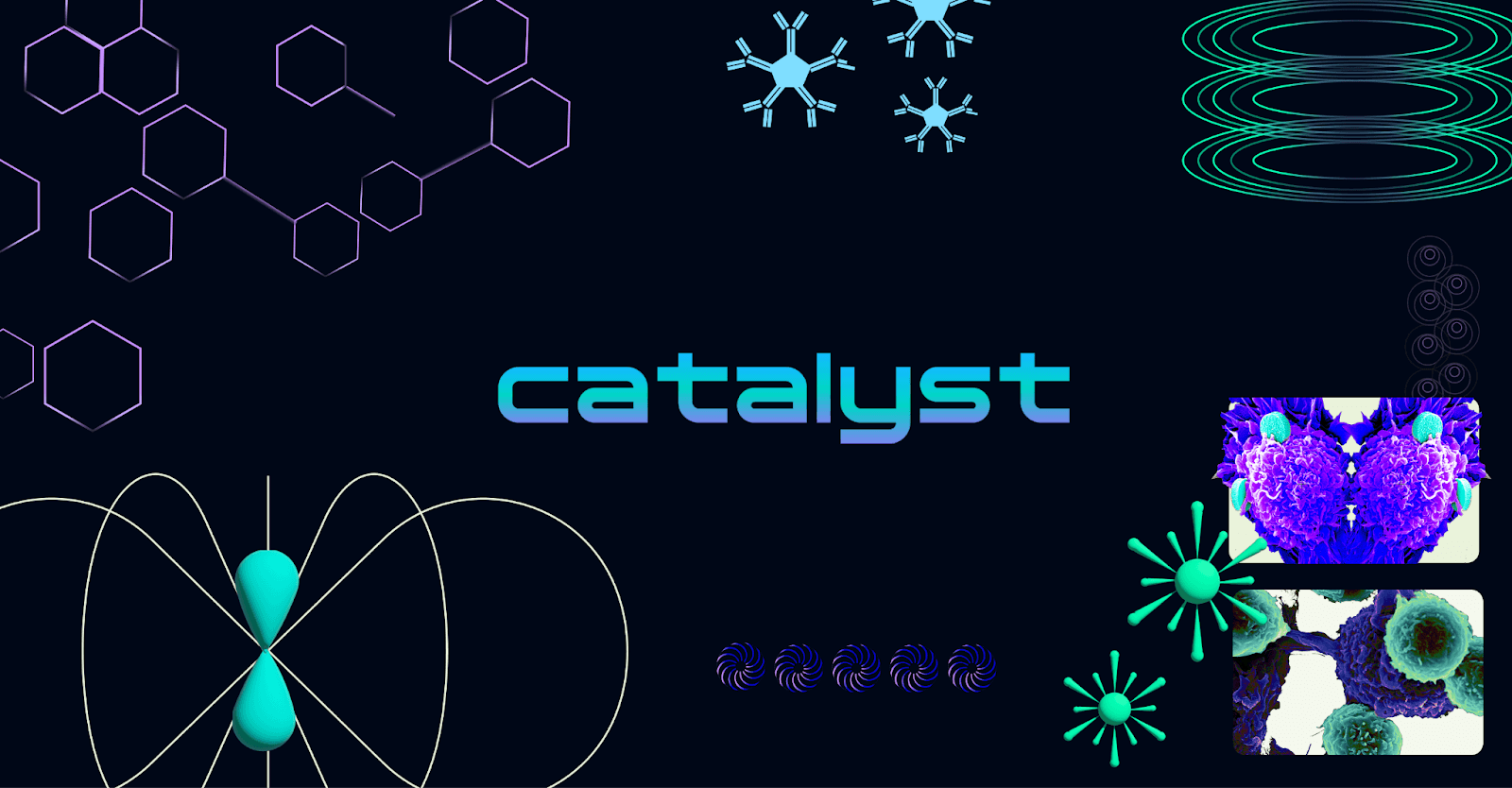Molecule Launches Catalyst, a New Platform for Funding Science Using Tokens
Early-stage biomedical research funding is plagued by a mismatch between funded and impactful research. This disconnect results in significant diseases being underfunded despite their impact on public
7 min read
Jillian Casalini

Early-stage biomedical research funding is plagued by a mismatch between funded and impactful research. This disconnect results in detrimental diseases being underfunded despite their impact on public health. For instance, conditions like longevity, hair loss, women’s health, cryonics, and brain aging often receive disproportionately less funding compared to their prevalence and burden on society.
Public funds play a substantial role in financing research. In Europe, approximately 0.74% of GDP is allocated to research and development (R&D), representing a significant public investment. In the United States, the investment is even higher, with R&D expenditures accounting for around 3.4% of GDP. Despite this forced, substantial investment by taxpayers, the public has almost no influence over how these funds are allocated.
Enter Catalyst. By utilizing blockchains, Catalyst democratizes research funding, allowing individuals to directly support projects that resonate with them. This decentralized model aims to rectify the inefficiencies of the current research funding apparatus, ensuring that funding better aligns with societal needs.
Catalyst empowers individuals to use their cryptocurrency to make impactful decisions, fostering a more transparent and impactful research funding protocol.
Introducing Catalyst: Aligning Incentives Through Onchain Intellectual Property
Molecule is thrilled to unveil Catalyst, the decentralized science (DeSci) funding machine. Catalyst aims to fuel scientific advancements by enabling democratized research funding through tokenizing intellectual property (IP).
Catalyst forms communities around the drug development process and empowers individuals to support meaningful scientific research. In exchange for funding the research, funders receive tokens with rights to the research IP. This creates aligned incentives for researchers and funders to collaborate to bring more breakthroughs to those in need.
Benefits of Catalyst
For Funders:
- Purchase Tokens to Fund Research: Funders can contribute directly to advancing scientific research ideas.
- Take Part in Research and Licensing Decisions: In exchange for funding contributions, funders receive IP tokens, which gives them the right to participate in certain research and IP licensing decisions.
- Trade Tokens to Match Evolving Interests: Funders can trade their IP tokens on decentralized exchanges, giving them the flexibility to match their evolving interests.
About the author

Jillian Casalini
I'm a biotech strategist and marketer with a foundation in traditional pharma and a vision for decentralized innovation. My career began in traditional pharma at Eli Lilly, where I learned how large-scale organizations bring rigor, regulation, and reach to life sciences. I also built a strong foundation in go-to-market strategy—bridging science with storytelling and turning complex research into clear, compelling narratives. That experience now fuels my passion for building at the intersection of biotech and decentralized science (DeSci)—where transparency, open collaboration, and new funding models are reshaping how research gets done.
Related Posts

Inside Molecule's Biggest Technical Evolution
Exploring the design decisions, new capabilities, and technical shifts powering Molecule's most transformative release to date.

The DeSci Value Flywheel
IP (intellectual property) Tokens offer an open, permissionless, decentralized way to fund scientific research onchain – and then what?

Science IP Tokens /acc
Molecule’s original Science IP Token framework introduced a new primitive for science – a governance token linked directly to scientific IP.
